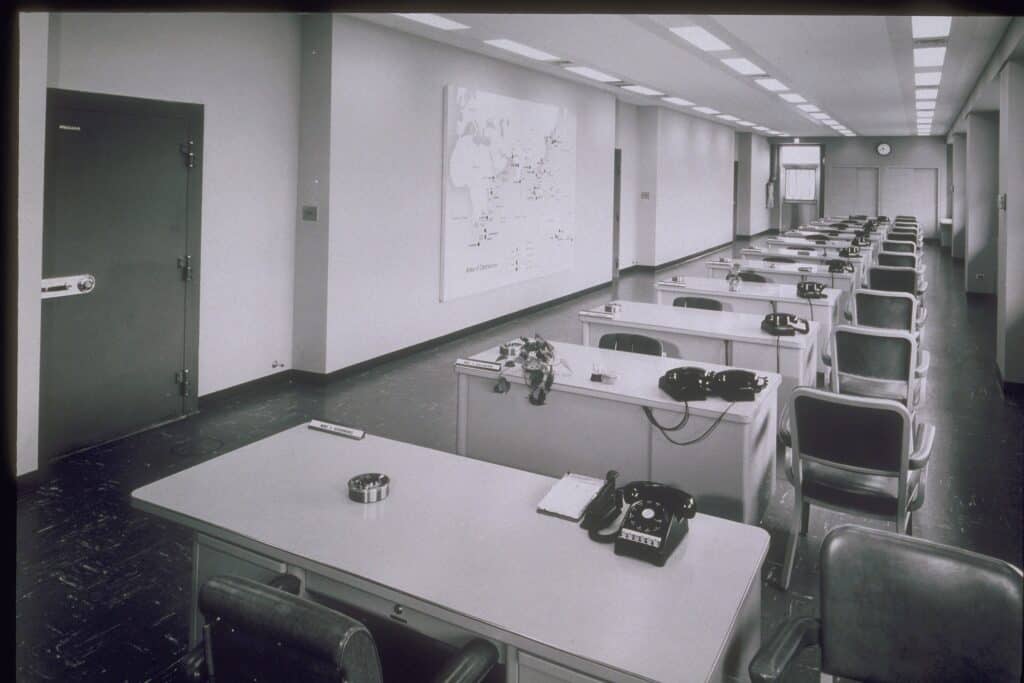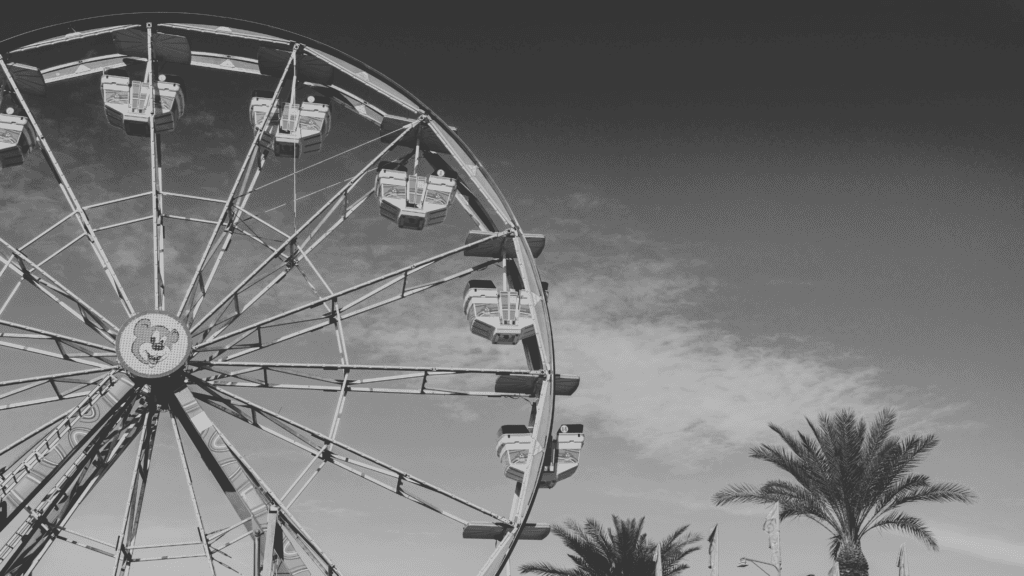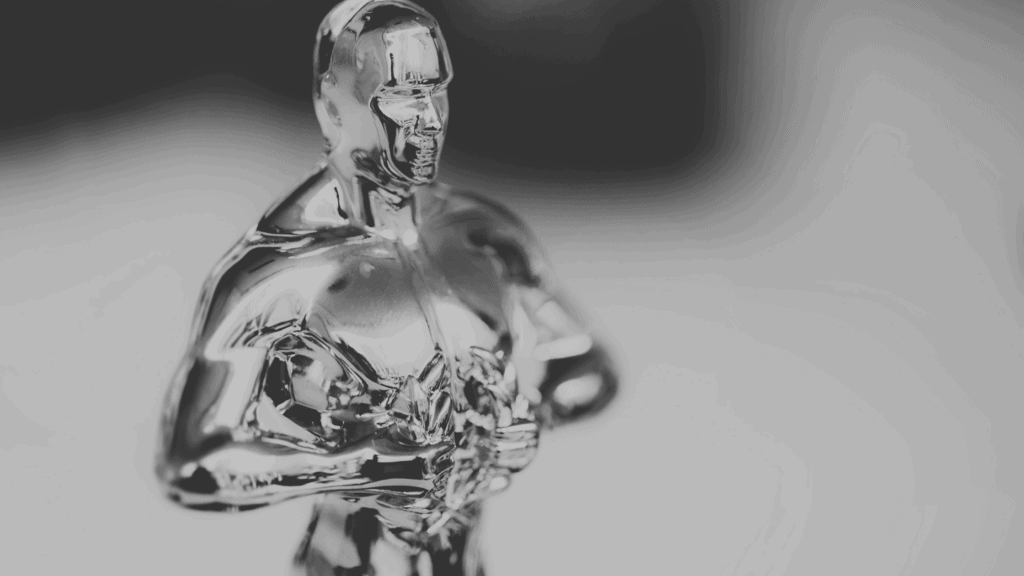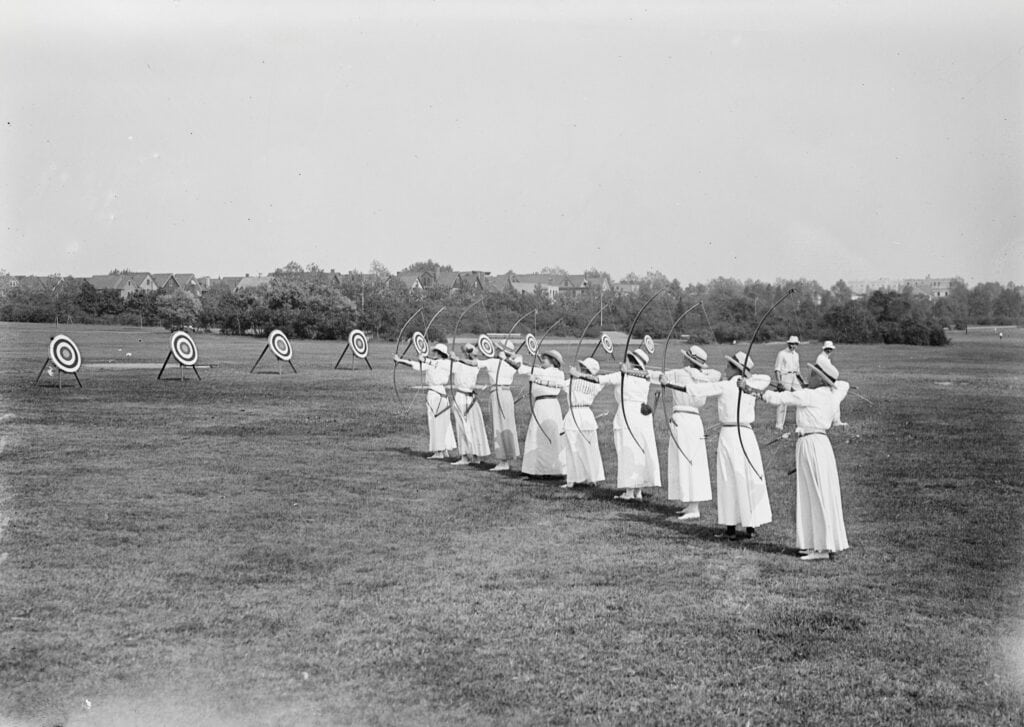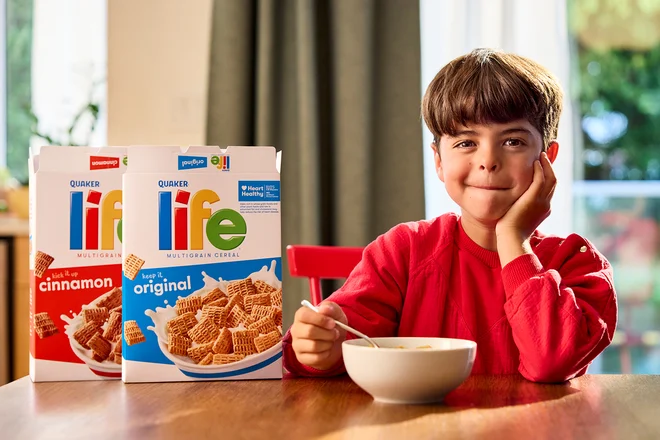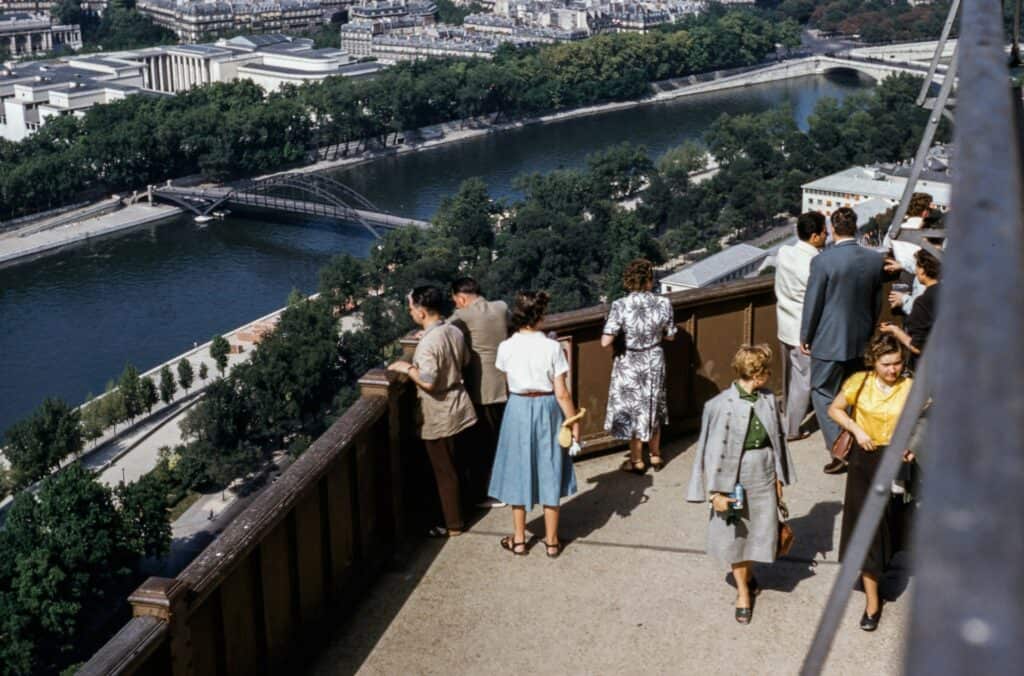In 1816, Frenchman Joseph Nicéphore Niépce constructed a prototype for what historians and photophiles consider to be the first photographic camera. While impressive, it certainly isn’t the six by three-inch, 4K resolution, mini computer you casually stuff in your pocket some two hundred times a day.
The journey of the modern camera is actually quite impressive. Oh, how far we’ve come from the four-lens, wooden bellows tintype of the Civil War and the Eyemo of the Second World War. And while everyone is essentially an amateur photographer with such a powerfully clear device in their pocket, it would be a disservice to true photographers everywhere to leave out the digital camera.
A lot of things will enhance your website—like paid search strategies and a solid content marketing playbook, including blog writing services—but quality custom photos for your brand are a must. That’s no secret. But you might be thinking, “If I have such a good camera in my pocket, is it worth investing in a digital camera?”
A fair question, and one that we’ll address in this blog. Right now.
But first, check out our photography page here and set up a call with us. We love to brag about what our photographers can do.
Difference Between Digital Camera vs. Phone Camera for Brand Photography
Let’s start off with the short answer. Digital cameras have superior image quality, creative control, and versatility, especially in low light or specific shooting situations.
Phone cameras are super convenient, always with you, and are good enough for everyday photos and social media sharing.
It would be a disservice for us not to mention that, ultimately, the best choice depends on your needs and priorities. But let’s get into more of the specifics below.
Image Quality
When it comes to image quality, digital cameras have the advantage. Here’s why.
Digital cameras—especially DSLRs and mirrorless cameras—sport much larger sensors than phone cameras. These bigger sensors capture more light and detail, leading to sharper images with less noise (visual distortion) particularly in low-light situations.
As for lenses, phone cameras have three to four, but they’re permanently attached to your phone. Digital cameras allow you to swap lenses for whatever the situation. You could use something like a wide-angle lens for landscapes, a telephoto lens for zooming in, or a macro lens for capturing close-up details.
Despite falling to digital cameras in image quality, phone cameras are certainly not chumps and use their software smarts to enhance images. They might stitch together multiple photos for better low-light performance, or use artificial intelligence to improve details and colors. And although smaller, phone sensors are constantly improving in quality and low-light performance.
In the spirit of steering you in the right direction, digital cameras are the way to go. They give you more creative control, flexibility, and sharper images for your website or other visual assets.
Our Winner: Digital Cameras
Portability and Convenience
Let’s be blunt about this—the damn phone fits in your pocket.
Where it matters more is the portability regarding different digital cameras. Smaller, more compact cameras are actually very portable and can fit in your purse or backpack.
Moving into your larger cameras—like DSLRs or mirrorless—requires more effort. While these offer superior image quality and are generally regarded as the cream of the crop for digital cams, they are often heavy and aren’t exactly the pinnacle of portability.
Our Winner: Phone Cameras
Features and Functionality
Depending on the camera, you’ll find a host of features and functionalities to enhance your photo taking experience. Here are a few to consider: sensor size, the ability to change lenses, manual controls, how far you can zoom, the type of viewfinder, if it has flash, how it performs in low light, and any video taking ability.
Now, as good as phone cameras are, you will find limitations to the features offered. Moving into your digital camera space, a compact camera—which does provide more portability—will be more limited than something on the higher end, like a DSLR or mirrorless cam. When it comes to features, our opinion is to research a few options that will help you successfully complete your photo taking goals and compare features to see what the best option is for your price point.
Our Winner: Digital Cameras
Battery Life and Storage
Think about how often you charge your phone in a day. There’s your battery life answer. Phones have the capacity to hold a charge for a while, that is, if you aren’t scrolling, gaming, streaming, emailing, calling, texting, and snapping photos all day. Digital cameras have much better battery life and are designed specifically for photography, taking thousands of photos on a single charge.
Depending on the phone you have, storage options can vary. And seeing as your photos are stored on your phone’s internal storage, this can fill up quickly, especially with high-resolution photos. This requires maintenance on your part, managing your storage by deleting old photos or videos, or transferring them to a computer or cloud storage. Think about the photo gallery on your phone right now. How many photos do you have? How many of those do you need? And are you really going to take the time to sort through them all to create space?
Digital cameras, on the other hand, use removable storage cards to store photos and videos. This allows you to expand your storage capacity by using larger cards or carrying spares. You can also transfer photos to a computer without using your phone’s storage.
Our Winner: Digital Cameras
Cost
We’ll start this off with this—the cost of phones or digital cameras will vary immensely.
For the phone camera, you’re paying the cost of buying the phone (duh), which for a higher end smartphone with the higher res camera can be costly ($1500+). Your digital cameras are going to be all over the place. They can range from a few hundred to a few thousand dollars, depending on features and functionality.
When all’s said and done, it’s about your needs. We all live on our phones anyway so if a phone camera will suffice, upgrade your phone and you’re good to go. If you’re seeking more serious photography, investing in a digital camera is a better bet.
Our Winner: Draw (on the grounds that everyone’s budget and needs are different.)
Best Camera Brands for Photography
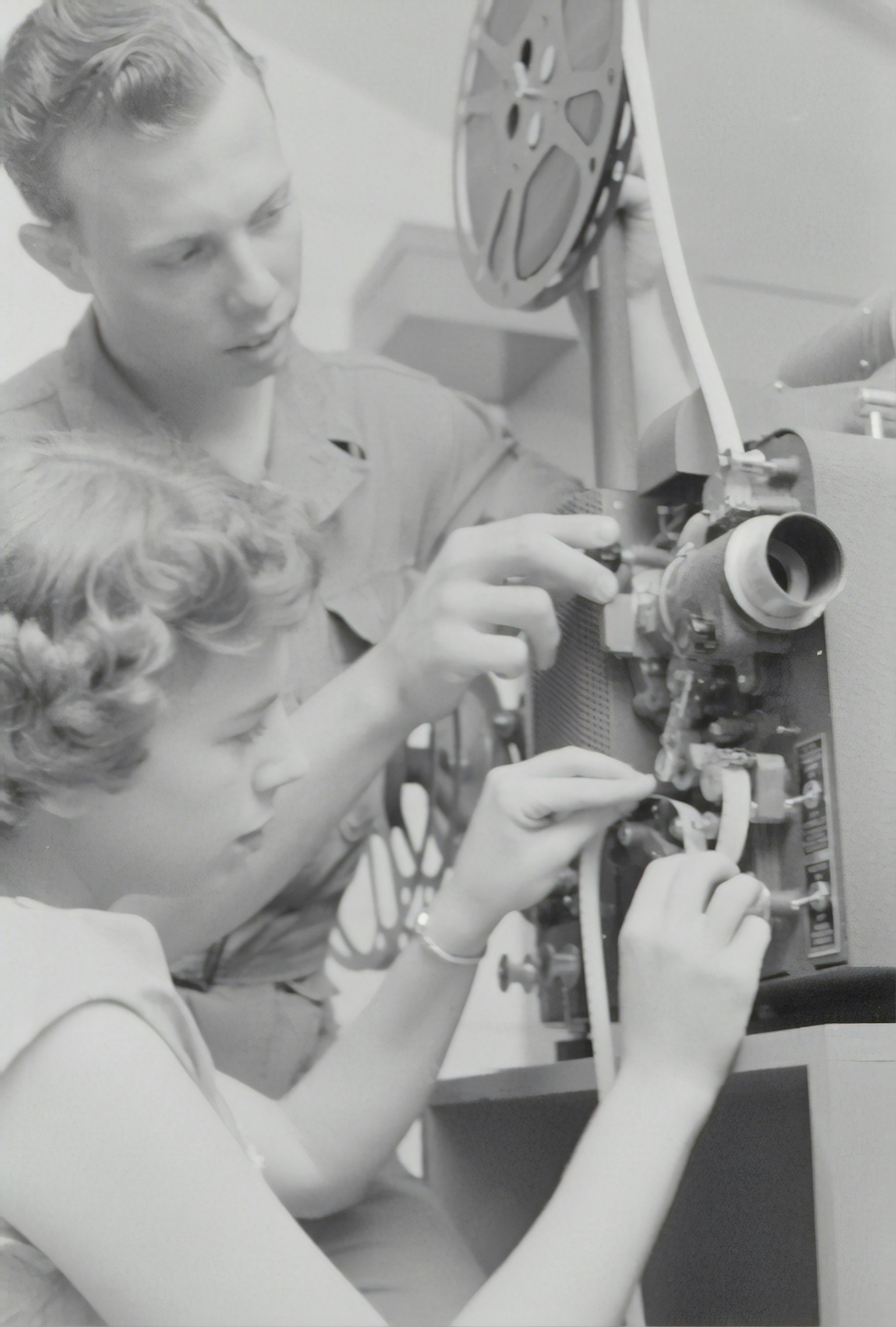
We pulled our resident camera expert away from her daily tasks to give us the three best camera brands for photography, with a focus on those for beginner photographers.
Sony
Sony is a major player in the photography world, and for good reason. They offer a wide range of mirrorless cameras—from beginner-friendly to professional models—known for their excellent image quality, autofocus capabilities, and innovative features. Sony’s full-frame sensors capture stunning detail and low-light performance, while their mirrorless design keeps their cameras compact and lightweight. They’re also leaders in the industry with autofocus systems that lock onto your subject with incredible speed and accuracy, great for capturing fast-moving action shots.
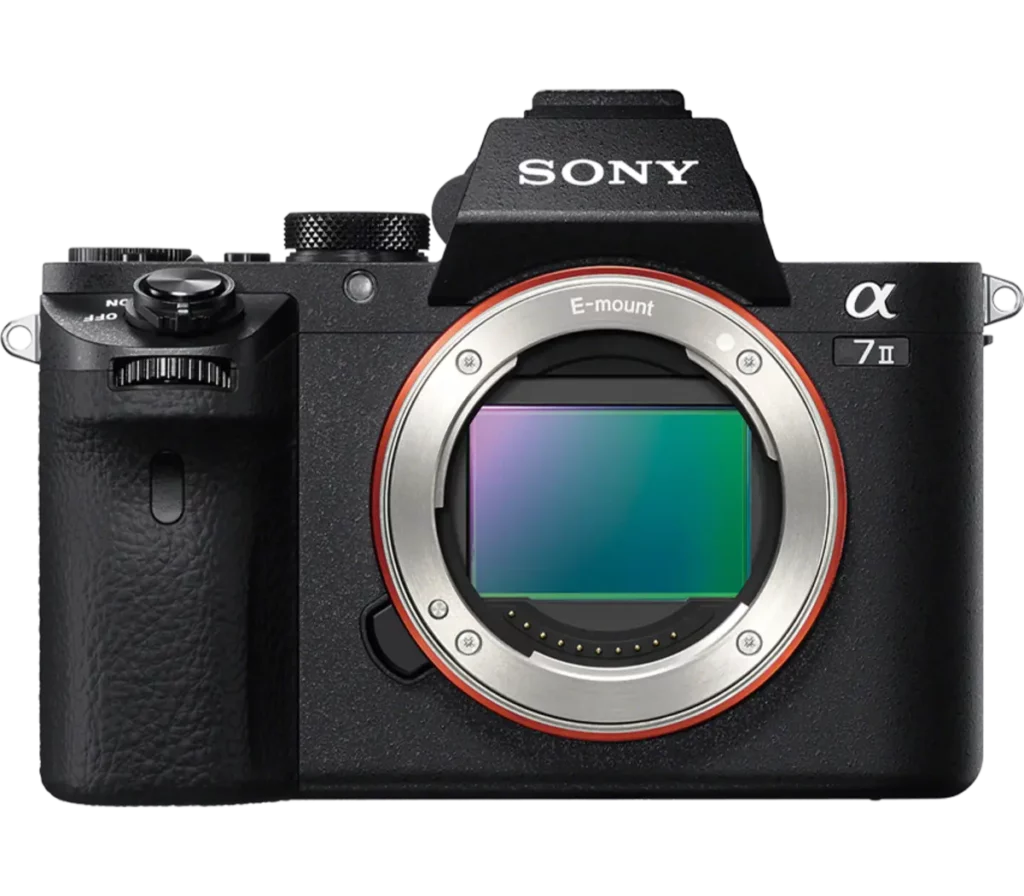
Sony Alpha 7 II
Canon
Canon cameras are a popular choice for photographers of all levels, offering a strong combination of key features. Extensive lens selection allows you to find the best lens for nearly any situation, whether you’re taking a portrait, capturing landscapes, or zooming in on wildlife. Canon cameras are also known for producing sharp, crisp images with accurate colors given the quality of their sensors and image processors. A user-friendly brand, Canon offers a variety of camera models, from beginner-friendly point-and-shoots to high-end DSLRs.
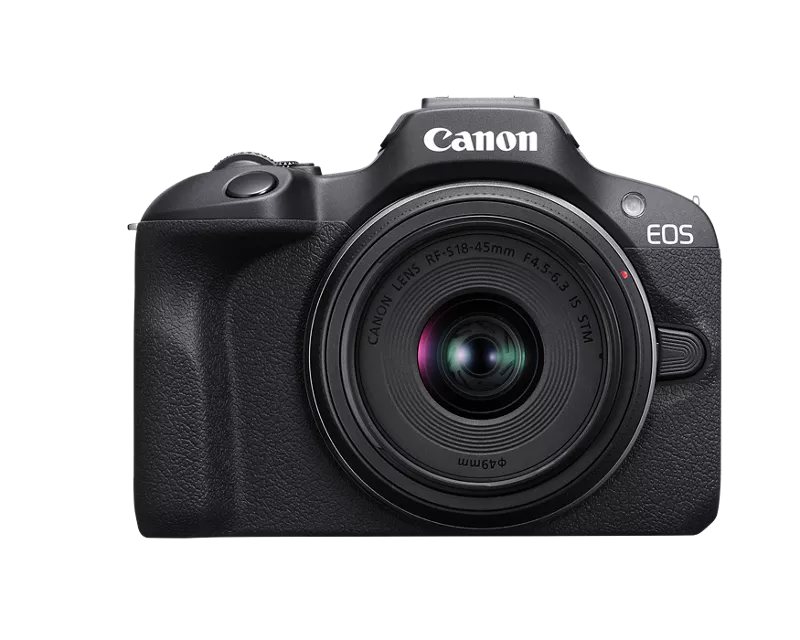
Canon EOS R100
Nikon
Nikon is the third brand our expert recommends because of their quality, versatility, and heritage. Nikon has long been a reputable brand in the camera space. Their cameras—which range from beginner-friendly DSLRs to professional mirrorless models—are known for their exceptional image quality and durability. Their vast selection of lenses are renowned for their clarity, low-light performance, and wide range of focal lengths to give any level photographer the leg up in any photoshoot.
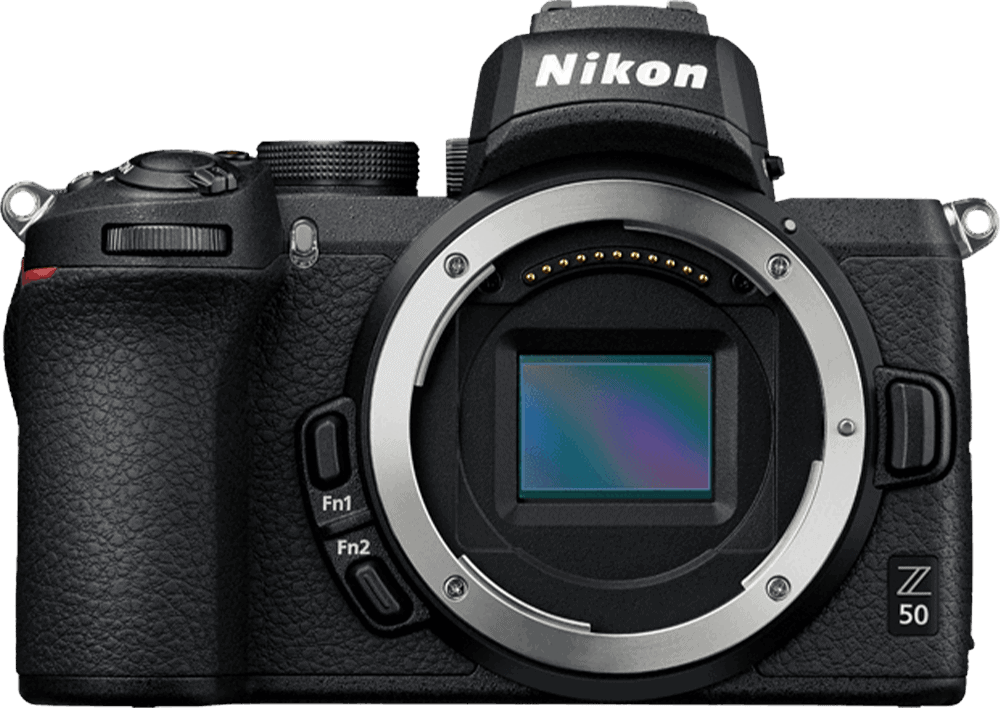
Nikon Z 50
What’s Next?
Next steps are up to you. If you choose to embark on your brand photography journey solo, we wish you the best of luck.
But if you want custom brand photography of the highest quality, give us a call. Our photography service is waiting for you and we’d love to talk and share what makes us unique.
Don’t be shy. Schedule a call with us today.


